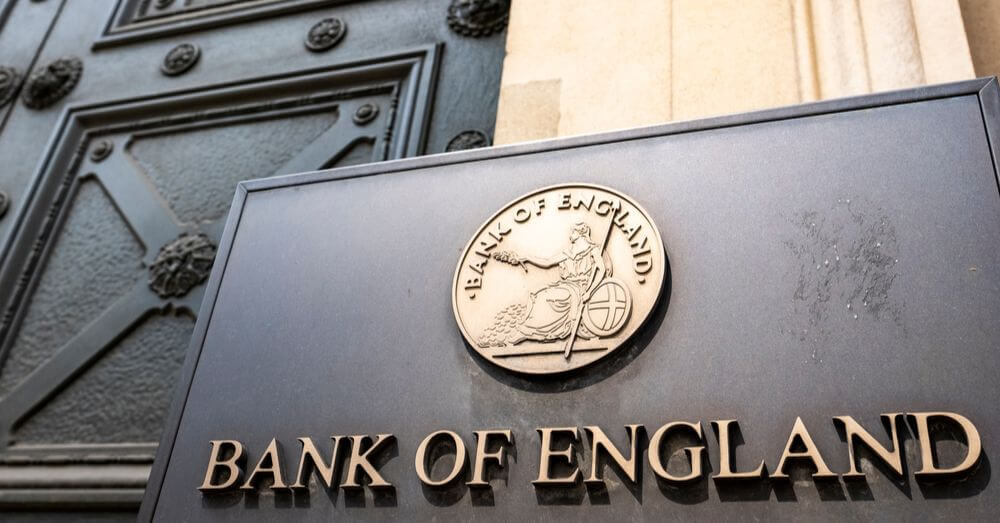
The Bank of England’s RTGS makes room for the integration of a possible CBDC
The Bank of England (BoE) is redesigning its real-time gross settlement service (RTGS) to make it compatible with central bank digital currencies (CBDC).
The aim is to create a system that allows the central bank to easily attach a facility for digital currency transactions in the event that it decides on supporting a CBDC in the future.
The RTGS is a payments network used by UK financial institutions. It is a key component in the country’s financial infrastructure, since it holds the sterling accounts of several institutions and functions as the main channel for the BoE to inject liquidity into the economy.
The RTGS processes more than £685 billion ($900 billion) worth of transactions each working day. The new system is expected to go live in 2022.
On Thursday, the BoE announced that it had chosen Accenture, the Irish tech consultancy firm, for a £150 million ($195 million) contract on redesigning the payments network. Accenture stated that this new RTGS system would evolve alongside financial instruments by allowing more firms to access the services, to ensure better interoperability and functionality.
Andrew Bailey, the Governor of the Bank of England, revealed earlier this month that the central bank was contemplating the launch of its own CBDC.
Officials of the bank were previously quoted to have said that the BoE welcomed the idea of private companies playing a bigger role in the issuance of a digital pound — provided that they adhered to the design and policy principles set forth by the bank.
Recently, the UK Government started looking into increasing their oversight of cryptocurrency promotions and advertisements to protect their investors.
The proposals called for companies to accomplish a “regulatory gateway” of sorts before they were cleared to promote cryptocurrency products.
These proposals follow a government report released in 2018, entitled the Cryptoassets Taskforce, which highlighted how misleading advertisements and promotions for crypto products was a key investor protection issue.
The Financial Conduct Authority (FCA) would be the entity responsible for monitoring digital asset adverts, so any firm looking to approve financial promotions from unauthorised firms would first need to secure the consent of the FCA.
The proposals were submitted by John Glen, the City Minister of the UK’s financial service sector. Glen explained that current regulations have been unable to keep up with the increase of products that are appearing in the market. The aim of the proposals was to bring crypto product promotions to the same levels as those for other asset classes.
